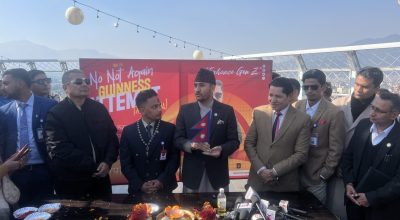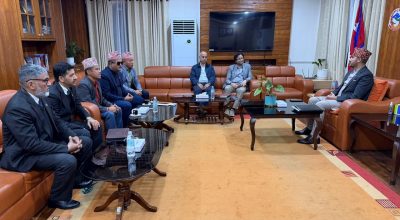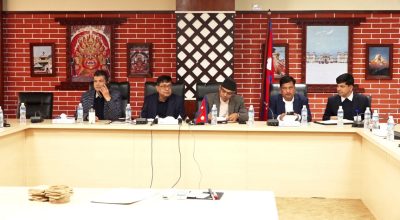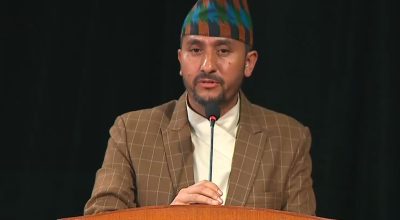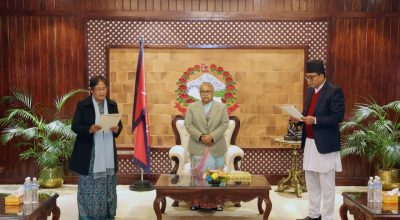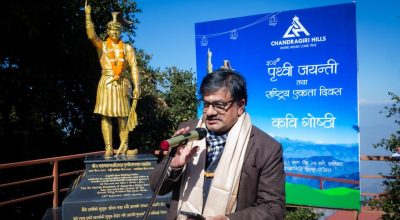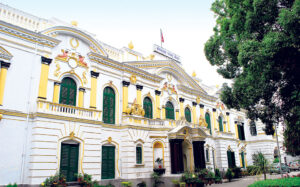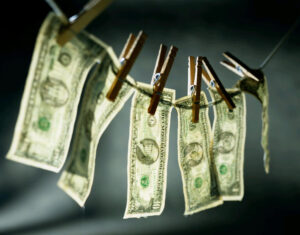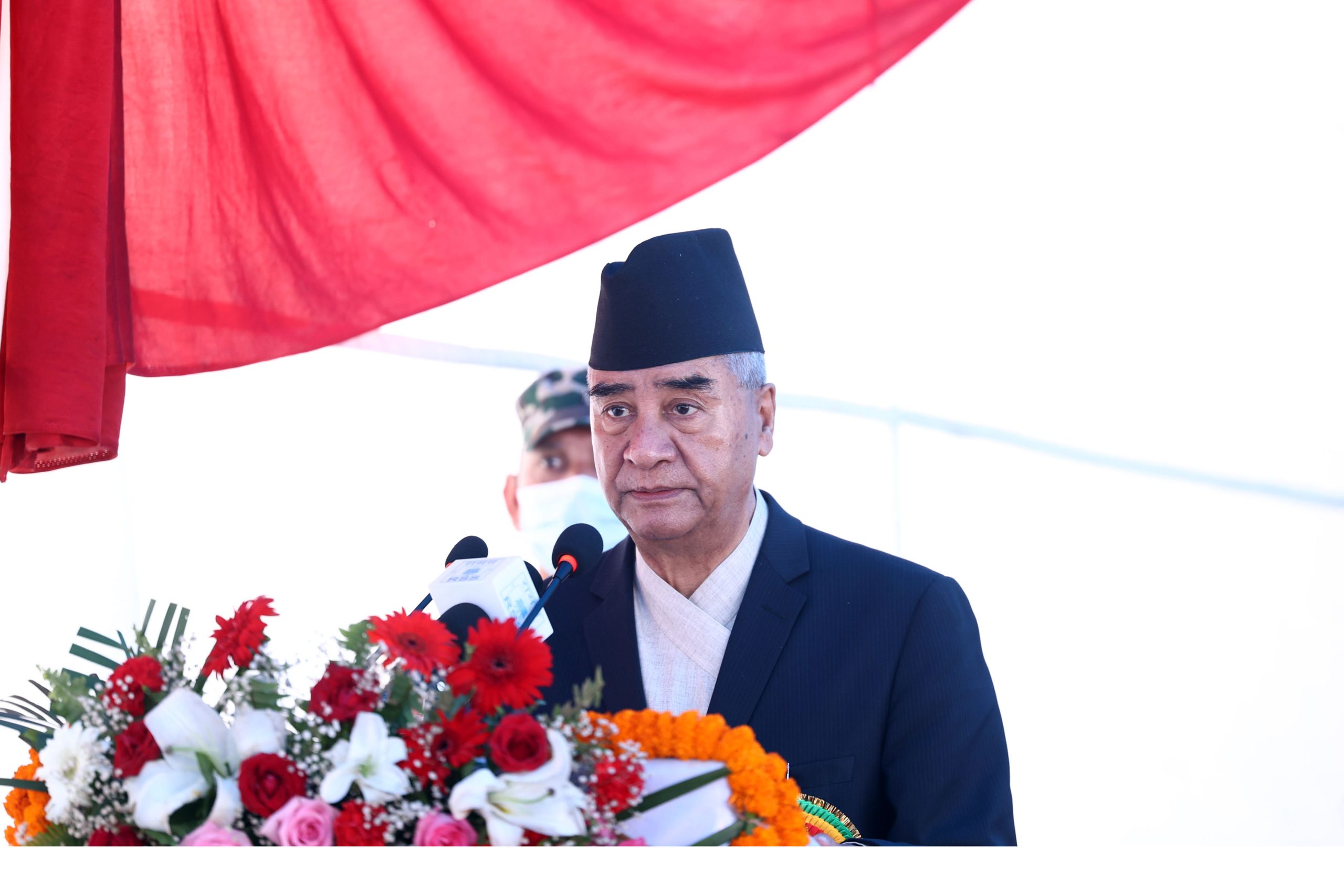
KATHMANDU: Prime Minister Sher Bahadur Deuba has expressed his best wishes for good health, long life and progress to all Nepalis living in the country and abroad on the occasion of Rakshabandhan, Janaipurnima (Rishitarpani), the great festival of the Hindus and Gaijatra celebrated in the Newari community.
In a message of best wishes today, the Prime Minister has noted that religious and cultural festival of Rakshabandhan will help in enhancing national unity, harmony and brotherhood among Nepalis and has wished that festival inspires everyone to follow the path of truth and integrity.
Although Raksha Bandhan is a festival celebrated basically by Hindu Brahmins and Kshatriya community, it is also observed by many religious communities in Nepal.
During this festival, known as Gunpunhi in the Newa culture, brothers and sisters in the Terai region of Nepal tie rakhi to each other to each other and exchange wishes for the enhancement of brotherhood, love and harmony, he has said in the message.
Likewise, the Gaijatra festival, which has religious, cultural and historical significance, is celebrated by the Newari community residing in various places across the country.
Janai Purnima being observed today
The festival of ‘Janai Purnima’ or ‘Rishi Tarpani’ is being celebrated across the country today. The festival is basically observed by the majority Hindus in the country.
On the occasion of Janai Purnima, the tagadharis or those who wear the ‘Janai’ (the sacred thread) around their bodies from the left shoulder to right change the sacred thread today after having a haircut and a bath.
According to the time-honoured tradition, Hindu people receive the ‘Raksha Bandhan’ thread, which is tied around the wrist as an amulet.
The yellow thread is purified through the chanting of mantras by Brahmin priests as a symbol of protection from fear and disease, said Prof Dr Ram Chandra Gautam, former chairperson of the Nepal Panchanga Nirnayak Samiti (Calendar Determination Committee).
The occasion is also observed as ‘Kwanti Purnima’ by the Newar community.
Kwanti, a soup prepared from nine different beans, is a special delicacy added to the Nepali menu today.
In the Tarai region, there is a tradition in which sisters tie an attractive ‘Rakhi’ around the wrist of their brothers wishing them long life and prosperity.
Today, thousands of devotees worship lord Shiva at Pashupatinath in Kathmandu and at Kumbheswar in Lalitpur and other Shiva temples across the country, and take holy dips in ponds and lakes and rivers.
Religious fairs are held at Gosainkunda, an alpine area in Rasuwa District, and at Dansanghu, Triveni in Jumla district to observe the festival with offerings to Lord Shiva.
A big religious fair takes place at the Gosainkunda Lake and pilgrims come from faraway places to take a holy dip in this lake and other lakes nearby.
Religious fairs are organised at Pashupati and Manichud of Kathmandu; Gosainkunda of Rasuwa; Kumbheshwar of Lalitpur; Panchpokhari of Sindhupalchok; Janakpurdham, Dhanush Sagar and Ganga Sagar of Dhanusha, Dansanghu of Jumla and Trivenidham of Nawalparasi.





